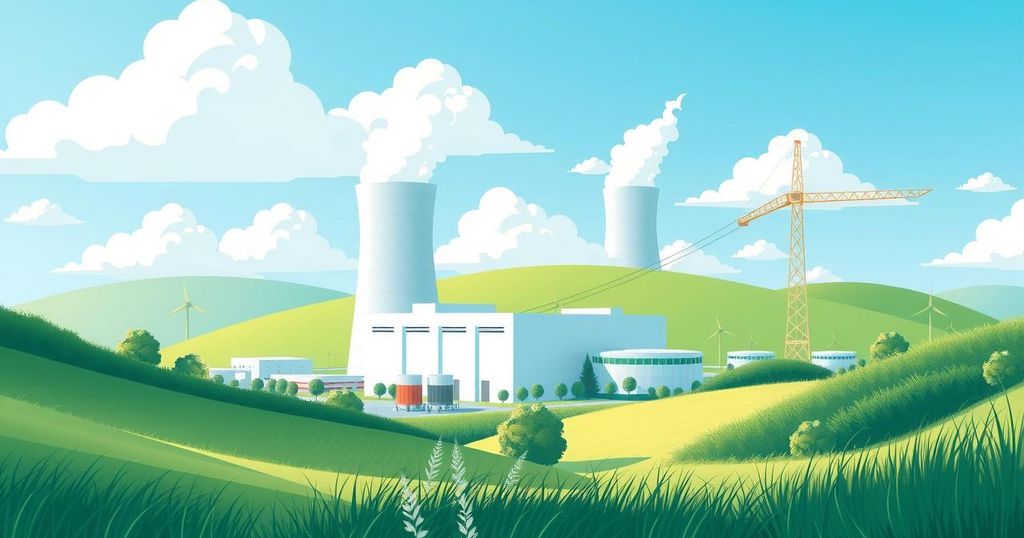Building Trust in Nuclear Power: A Call for Awareness in Thailand

Experts advocate for increased public awareness to build trust in nuclear power in Thailand. Key recommendations include focusing on educational initiatives, fostering collaboration among agencies, and developing a skilled workforce to address fears stemming from past nuclear disasters. Regulatory frameworks are in place but require public confidence and international cooperation to succeed.
Experts convened at a roundtable hosted by Krungthep Turakij emphasized the necessity of increasing public awareness regarding nuclear power in Thailand to foster trust. Pennapa Kanchana, the deputy secretary-general of the Office of Atoms for Peace, highlighted that Small Modular Reactors (SMRs) serve as a viable option to mitigate greenhouse gas emissions while bolstering energy security and reducing reliance on fossil fuels.
While SMRs generate approximately one-third of the electricity compared to large power plants, their construction is more manageable, and they are deemed safer. Kanchana also pointed out that regulatory frameworks in Thailand, established in 2016, adhere to international standards. However, she raised concerns regarding the high costs of construction and societal acceptance, attributing public skepticism to historical nuclear disasters in places like Fukushima and Chernobyl. She stated, “Thailand’s laws are ready except for civil responsibilities,” advocating for cooperation with global entities to build public trust.
Somboon Rassame, head of the nuclear engineering department at Chulalongkorn University, stressed the urgent need for a skilled workforce in the nuclear sector, citing a dearth of expertise. He anticipated significant technological advancements within the next 13 years that would intensify global competition. He asserted, “Thailand needs to develop courses, training workshops, and international knowledge exchange to remain competitive,” urging the government to facilitate educational systems that bolster nuclear technology development and ensure comprehensive safety evaluations.
Suchin Udomsomporn, vice president of the Nuclear Society of Thailand, remarked on the importance of knowledge in establishing trust in nuclear energy. She advocated for enhancing collaboration among relevant agencies to alleviate public fears associated with nuclear power, which remains misunderstood despite its utilization in critical healthcare services, such as X-rays. Udomsomporn said, “Relevant agencies should prioritise providing accurate, transparent, and trustworthy information for future generations,” and called for the inclusion of nuclear power education in curricula while developing a proficient workforce for the sector.
In conclusion, building public trust in nuclear power in Thailand necessitates heightened awareness, the development of a skilled workforce, and the establishment of accurate information dissemination. By addressing these aspects, Thailand can successfully integrate nuclear energy into its energy strategy, improving both security and sustainability while ensuring public safety and acceptance.
Original Source: www.nationthailand.com








